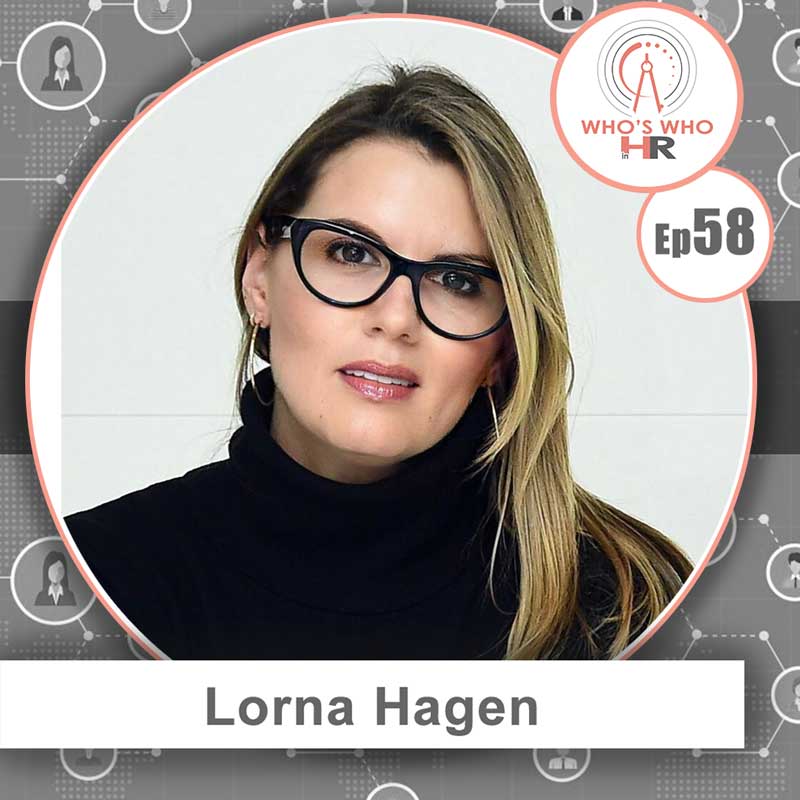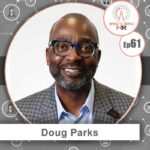Lorna Hagen is a Human Capital executive with over 20 years of experience focused on building high-performance companies.
Today, she is the Chief People Officer at Guild Education.
Prior to Guild, she was Executive Vice President and Chief People Officer and iHeartMedia where she successfully rebuilt their HR function and transitioned the company to fully remote during Covid. Lorna helped lead a successful IPO at OnDeck Capital and lead the organization to 16 “Best Companies to Work For” awards.
At Dow Jones, she executed a transformation of their HR technology, team, and work practices inclusive of global compensation, recruitment, learning and development, and benefits administration.
As a Latina executive, Lorna is passionate about taking D&I from talk to action and is committed to building equitable career opportunities for all employees.
More from Lorna…
The way we talk about the development of employees is changing. Lorna explains some ways organizations can go about reskilling and upskilling.
“I think one of the things that’s going to change very much in organizations is– and you’ve spoken about this to other folks– this notion of re skilling and upskilling. We are going to find ourselves without the talent to buy. So, how do we take the folks that we have and have them then build the skill sets that we’re going to need going forward?
I think that one of those things is that we’re not going to be able to design all the learning curriculum that we need in our companies and our L&D teams are not going to be able to address all of those needs. So, then you’re going to have to partner with people in the outside. I think that’s really critical. You’re also then going to have to start the change process for your employees to understand that self-service isn’t just about finding their paychecks for their w2 anymore. They’re going to have to almost look at cafeteria plans of learning.
The same notions that we have brought into our HRIs built in our open enrollment programs. How do we actually think about that in terms of learning and development? I think that’s going to be one of the biggest things that HR leaders and corporate executives, all leadership teams are going to have to really think about of where and how do we give employees immediate access to the tools that they need? How do we partner with different organizations? How do we partner with MOOCs? How do we partner with companies that we might have never heard of, like next big idea, or companies that we have heard of like you to me and give people maps as to what they should be doing in a self paced way?
I think that’s one thing. I think that the other thing that really changes behavior is incentive. I’ve been thinking about this for a long time after speaking to a friend who does work in this area. It’s this notion of we compensate people based on successful, for the most part, completion of a project. Well, what if we started paying people for successful knowledge building and skill set development, right? So in order to be considered for a promotion, or even a lateral move– you just did a podcast around job switching? Well, what if I want to switch in the same organization? What if I want to move from HR to operations or business development? How does the organization give me a map into what I need to learn? And what skills are looking for? How do they make that available to me, so that I can build up that arsenal? I think those are the ways that we need to start thinking about how we build robust teams, longer tenures and more successful companies.”









